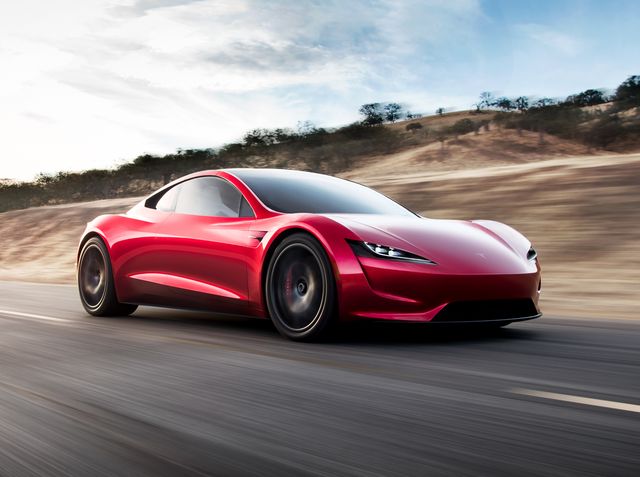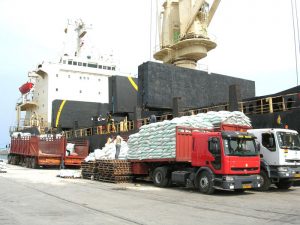Tesla Inc said on Wednesday it expected to miss its vehicle delivery target this year, but downplayed concerns about softening demand after its revenue missed Wall Street estimates.
Chief Executive Elon Musk told analysts on a conference call there was excellent demand in the fourth quarter, addressing investors’ concerns that buyers could be discouraged by the weak global economy and high prices for Tesla vehicles.
But Tesla said some logistics challenges would persist, with fourth-quarter deliveries growing by less than 50% while production rose 50%.
“I wouldn’t say we’re recession proof, but it’s certainly recession resilient,” Musk said.
Previously, Tesla had repeatedly said it was aiming for 50% growth this year from the 936,172 cars it delivered in 2021.
Its shares fell 4.3% in after-market trading.
Tesla is expanding fast despite global economic jitters, and investors are closely watching for signs that consumer demand is cooling as inflation surges and interest rates climb.
The company’s third-quarter automotive gross margin was 27.9%, missing analysts’ estimates and down from 30.5% a year earlier.
Revenue for the third quarter was $21.45 billion, a record but short of analysts’ estimates of $21.96 billion, according to IBES data from Refinitiv.
The company said it had a negative foreign exchange impact of $250 million on its earnings as the U.S. dollar strengthened against other major currencies.
“Raw material cost inflation impacted our profitability along with ramp inefficiencies” from its new factories in Berlin and Texas, and the production of its new 4680 batteries, according to Tesla’s statement. Musk added that production of the 4680 battery was gaining rapid traction, although executive Andrew Baglino said, “There are challenges still ahead that we have not yet surpassed. No doubt.”
Musk added that Tesla’s Semi trucks, which would start to be delivered to customers beginning this December, will not use the 4680 battery cells.
Musk also said the company has the ability to do a stock buyback in the range of $5 billion to $10 billion, pending board review and approval.






